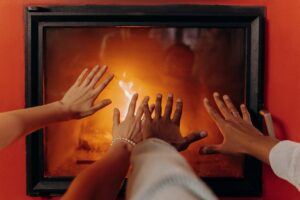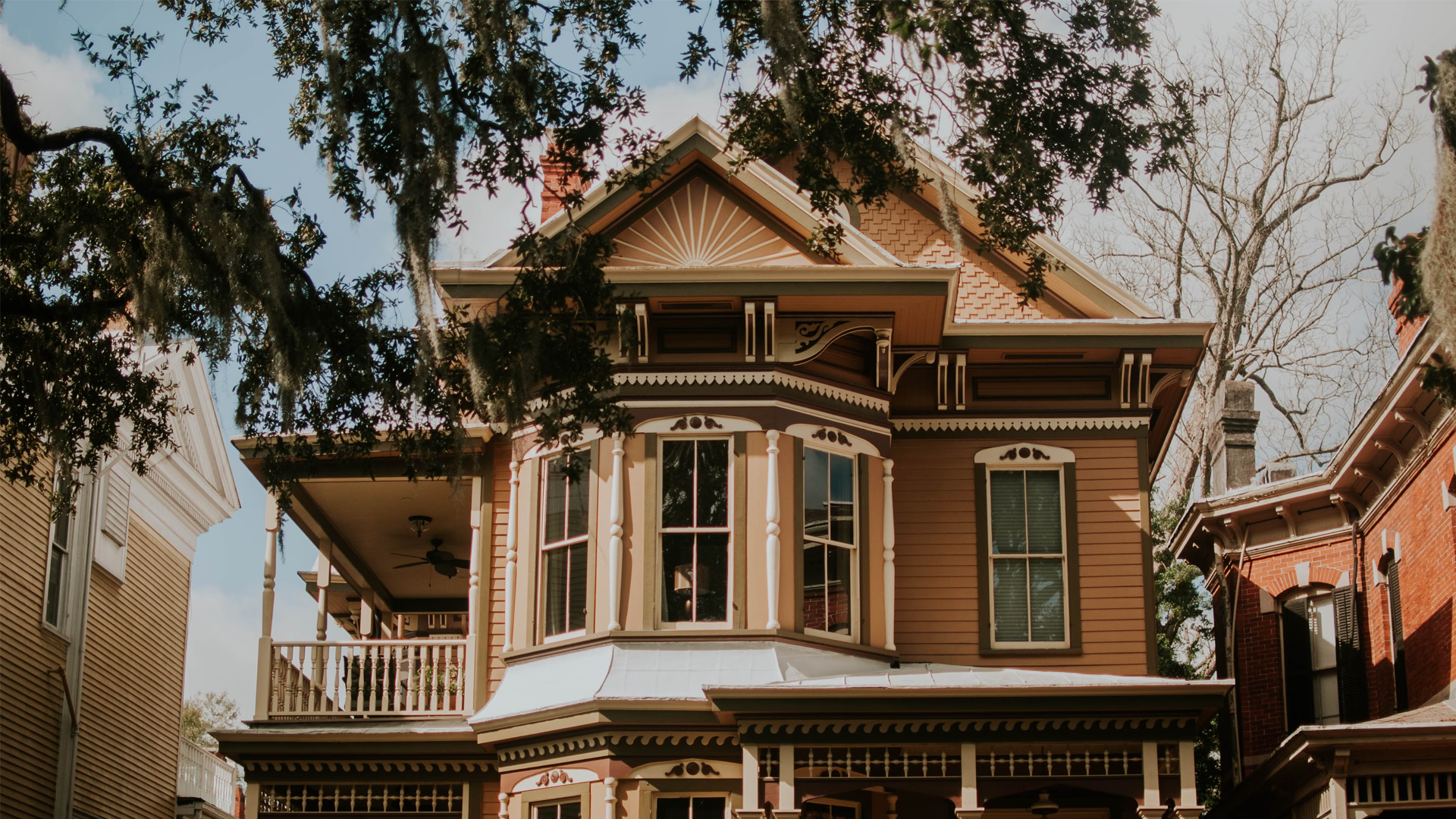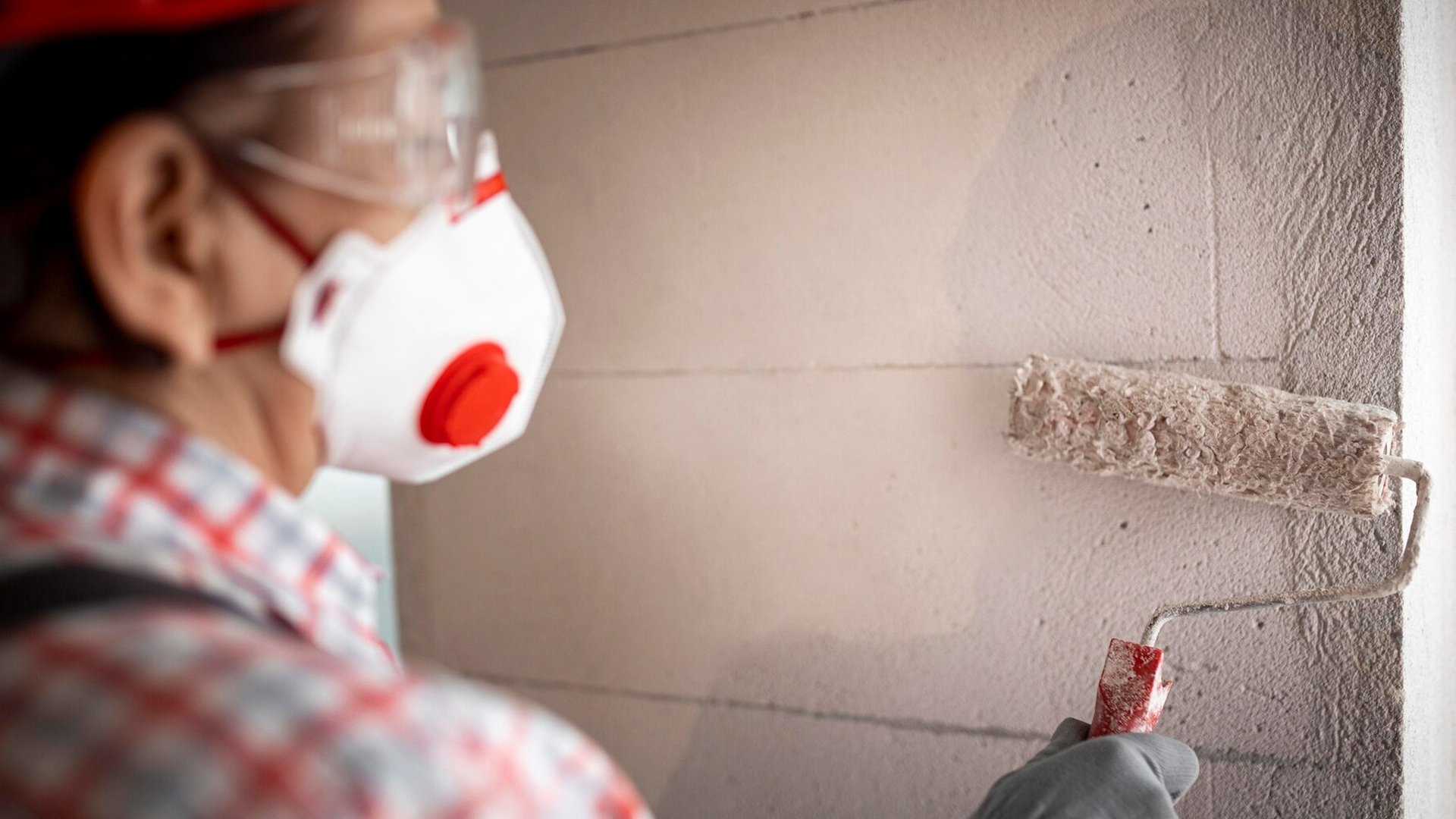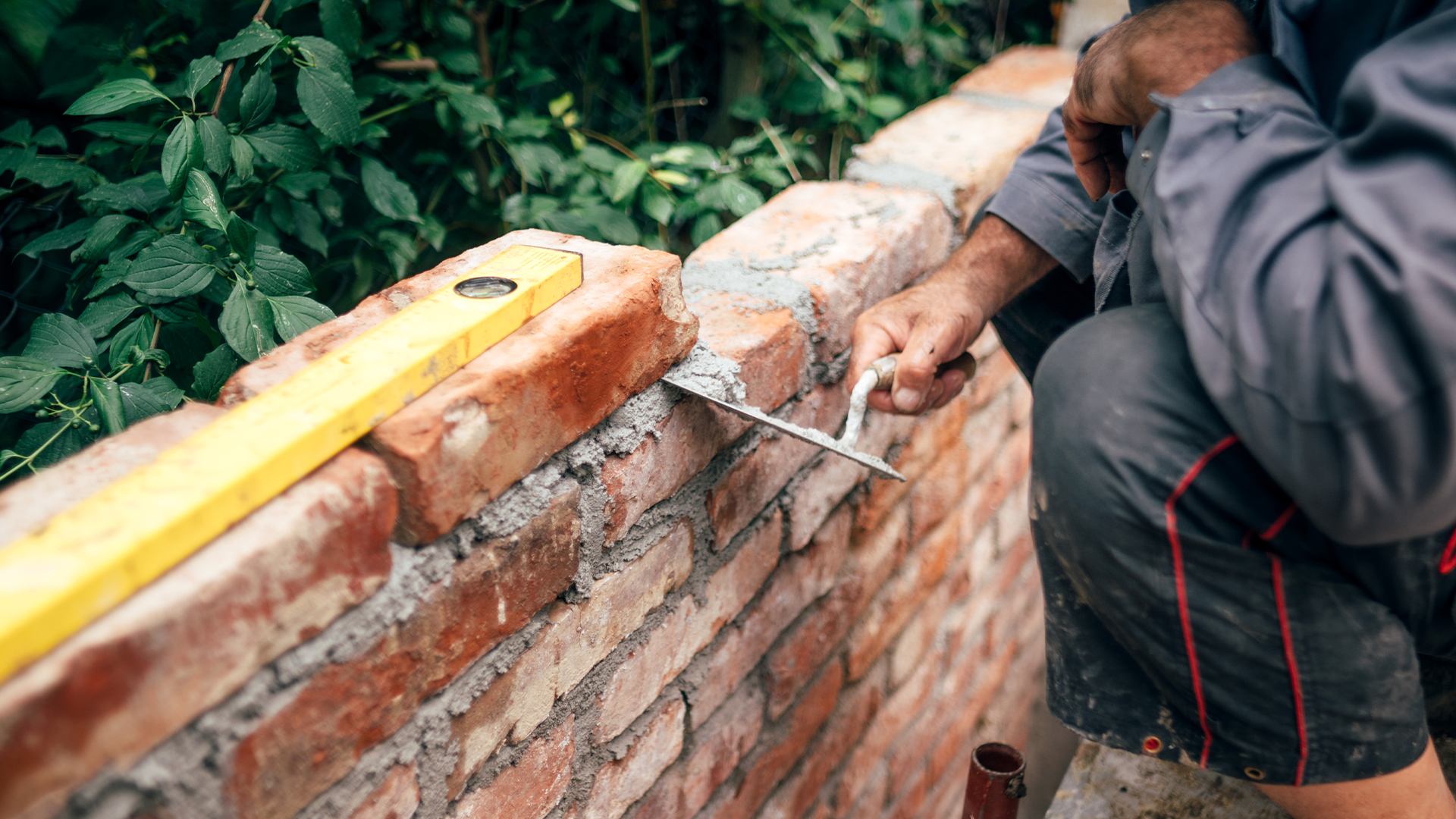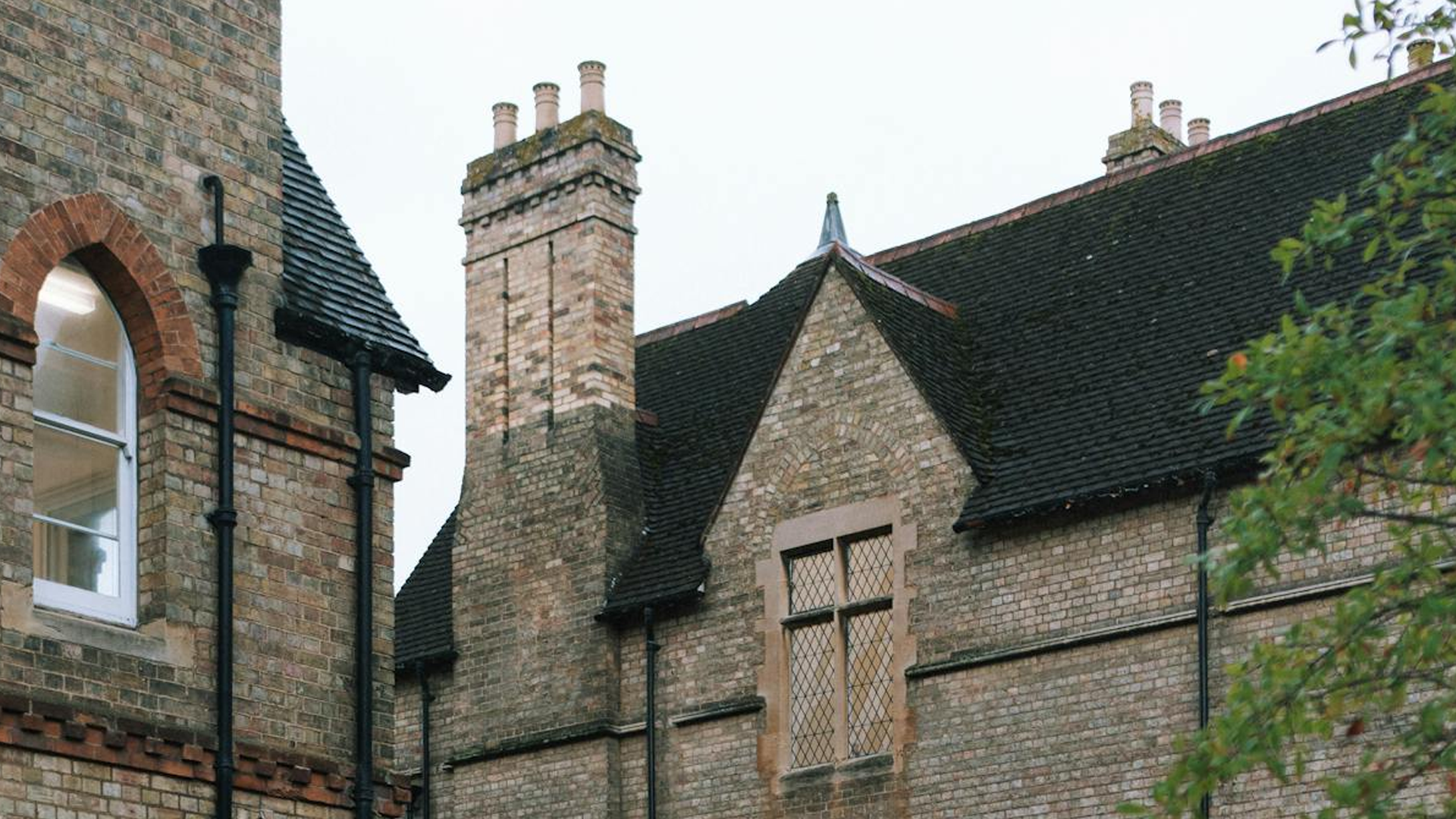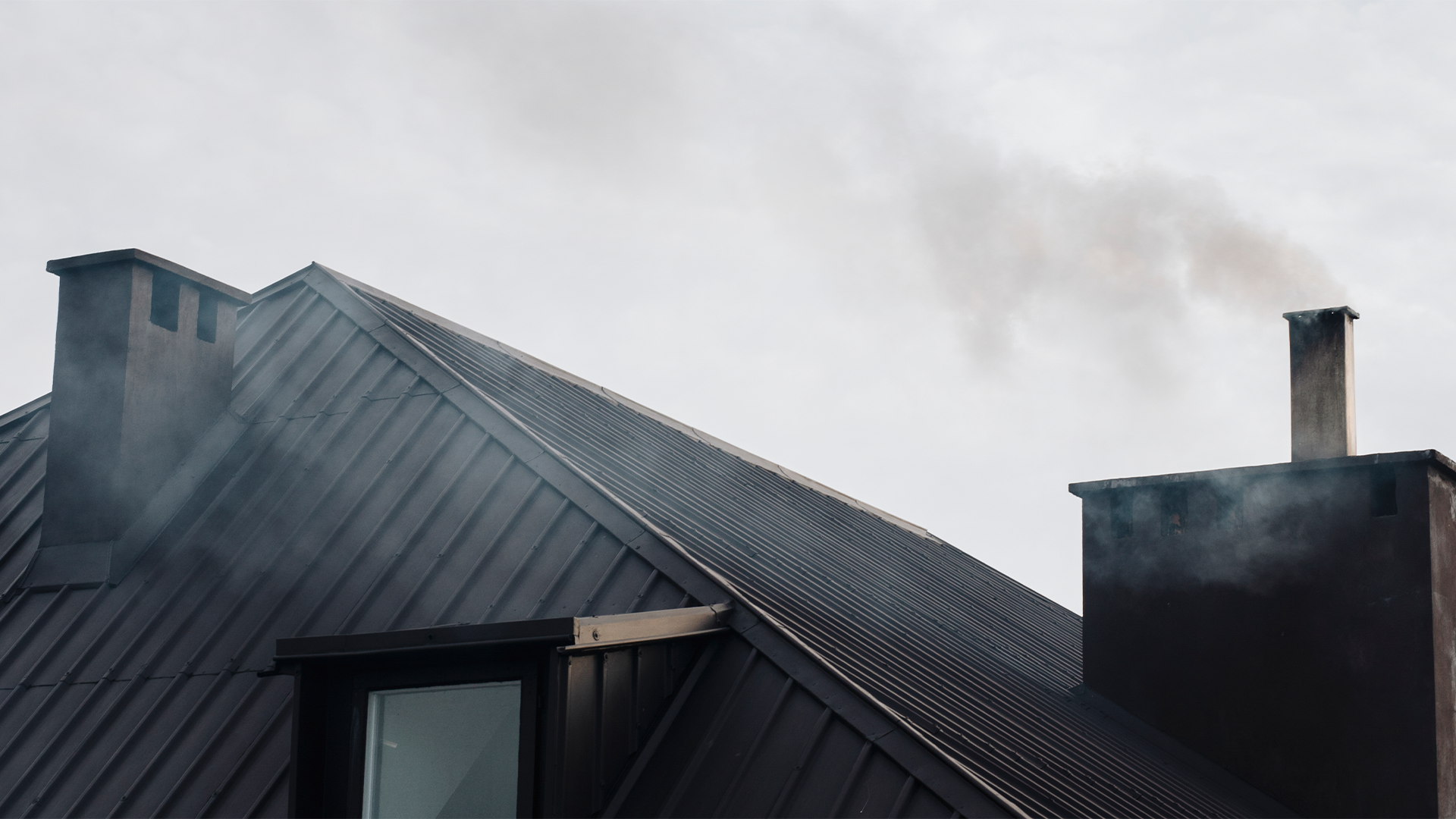Why is dampness a problem?
Dampness can cause a variety of issues, including mould, mildew, and musty odours, which can cause health issues. Dampness can also lead to structural damage, such as rotting wood, peeling paint, and corroded metal.
In addition, dampness can cause wallpaper to stain, carpets to become discoloured, and furniture to become warped.
Water can seep through even the smallest gaps in a building’s render and get caught between the render and brickwork.
This accumulation of standing water will eventually permeate the masonry and brickwork, which may result in penetrating wet inside the internal wall.
As a result, the property may develop an unsightly and dangerous damp problem that, if left unattended, will only get worse.
What are the causes of dampness?
- Poor ventilation: Poor ventilation can cause the air in your home to become stagnant and moist, leading to damp walls and mould growth.
- Leaking pipes: Leaking pipes can cause water to seep into the walls and floors of your home, leading to dampness.
- Rising damp: Rising damp is caused when moisture rises from the ground and into the walls of your home.
- Penetrating damp: Penetrating damp is caused when water from the outside enters your home through cracks in the walls or roof.
- Poor insulation: Poor insulation in your home can cause moisture to become trapped, leading to dampness.
- Plumbing problems: Plumbing problems such as overflowing toilets, blocked drains, and leaking taps can all cause dampness.
What are the benefits of heating to prevent dampness?
- Heating reduces the amount of moisture in the air, which helps to reduce the risk of condensation and dampness.
- It also helps to maintain a more consistent temperature in the home, reducing the risk of cold spots and drafts that can encourage dampness.
- Heating helps to dry out any existing dampness in walls, floors, and ceilings, and can also help to reduce the risk of mould and mildew.
- Heating can help to prevent structural damage caused by condensation and dampness, such as rotting wood and corrosion of metal.
- Heating can help to improve air quality, reducing the number of dust mites and mould spores in the air.
Pros and cons of different heating methods
- Electric Heat:
Pros:
- Electric heating systems are usually more energy-efficient than traditional heating systems and require much less maintenance.
- They are also less expensive to install and operate, and they can be used to heat specific areas of your home rather than the entire space.
Cons:
- Electric heating systems require a lot of energy to operate, and they can be expensive to maintain.
- Additionally, electric heaters are not able to heat large areas and require careful monitoring to ensure they are working correctly.
- Gas Heat:
Pros:
- Gas heat is one of the most common forms of home heating and is also the most cost-effective.
- Gas heaters can be used to heat entire homes, and they are usually more energy efficient than electric heaters.
- Additionally, gas heaters are easier to install and maintain than electric heating systems.
Cons:
- Gas heaters can be loud.
- Oil Heat:
Pros:
- Oil heat is the most reliable form of home heating and is also the most durable.
- Oil heaters are more expensive to install and operate than gas and electric heaters, but they are more energy efficient and are able to provide a more consistent level of heat.
Cons:
- Oil can be more expensive than others.
- Radiant Heat:
Pros:
- Radiant heat is a type of heating system that uses hot water or steam to heat surfaces in a home.
- This type of heating system is more energy efficient than traditional heating systems and does not produce any air pollution.
Cons:
- Radiant heating systems can be expensive to install.
- It is difficult to install in existing homes.
- Radiant heating systems are not energy-efficient if they are not properly insulated.
- Forced Air Heating:
Pros:
- Forced air heating systems are relatively easy to install.
- They are energy-efficient and cost-effective to operate.
- Forced air heating systems can be used in combination with air conditioning systems.
Cons:
- Forced air heating systems can be noisy.
- They can blow dust and allergens throughout the room.
- Forced air heating systems can be difficult to maintain.
- Boiler Heating:
Pros:
- Boiler heating systems are very energy-efficient.
- Boilers can be used to provide hot water for domestic use.
- Boilers are relatively quiet and can be used in combination with radiant heating systems.
Cons:
- Installing and maintaining a boiler can be costly.
- Boilers can be difficult to find parts for.
- If boilers are not properly maintained, they can be dangerous.
Does heating help get rid of dampness?
Yes, in some cases, heating can help to reduce dampness and improve air circulation, thus helping to reduce the amount of moisture in the air.
The best way to reduce dampness is to identify and eliminate the source of the moisture, such as fixing plumbing leaks or using a dehumidifier to reduce humidity levels.
Other ways to get rid of dampness
- Increase Air Circulation: Open windows and doors to increase airflow throughout the home.
- Install a Dehumidifier: A dehumidifier will help to pull excess moisture out of the air.
- Seal Leaks: Check around windows, doors, and other areas where air can escape and seal any leaks.
- Invest in a Humidistat: Installing a humidistat in your home will help to maintain a healthy humidity level.
- Use Fans: Utilise fans in both bathrooms and kitchens to help remove moisture from the air.
- Check Your Gutters: Make sure your gutters are clear and working properly to prevent water from seeping into the walls.
- Repair Plumbing: Fix any leaking pipes or other plumbing problems to prevent moisture from entering the home.
- Insulate Your Home: Properly insulating your home will help to prevent moisture from entering and settling in.
- Clean Regularly: Cleaning and dusting regularly will help to reduce the amount of dust, mould, and mildew in your home.
- Maintain A Dry Basement: Make sure the basement is well-ventilated and that there is no standing water.
